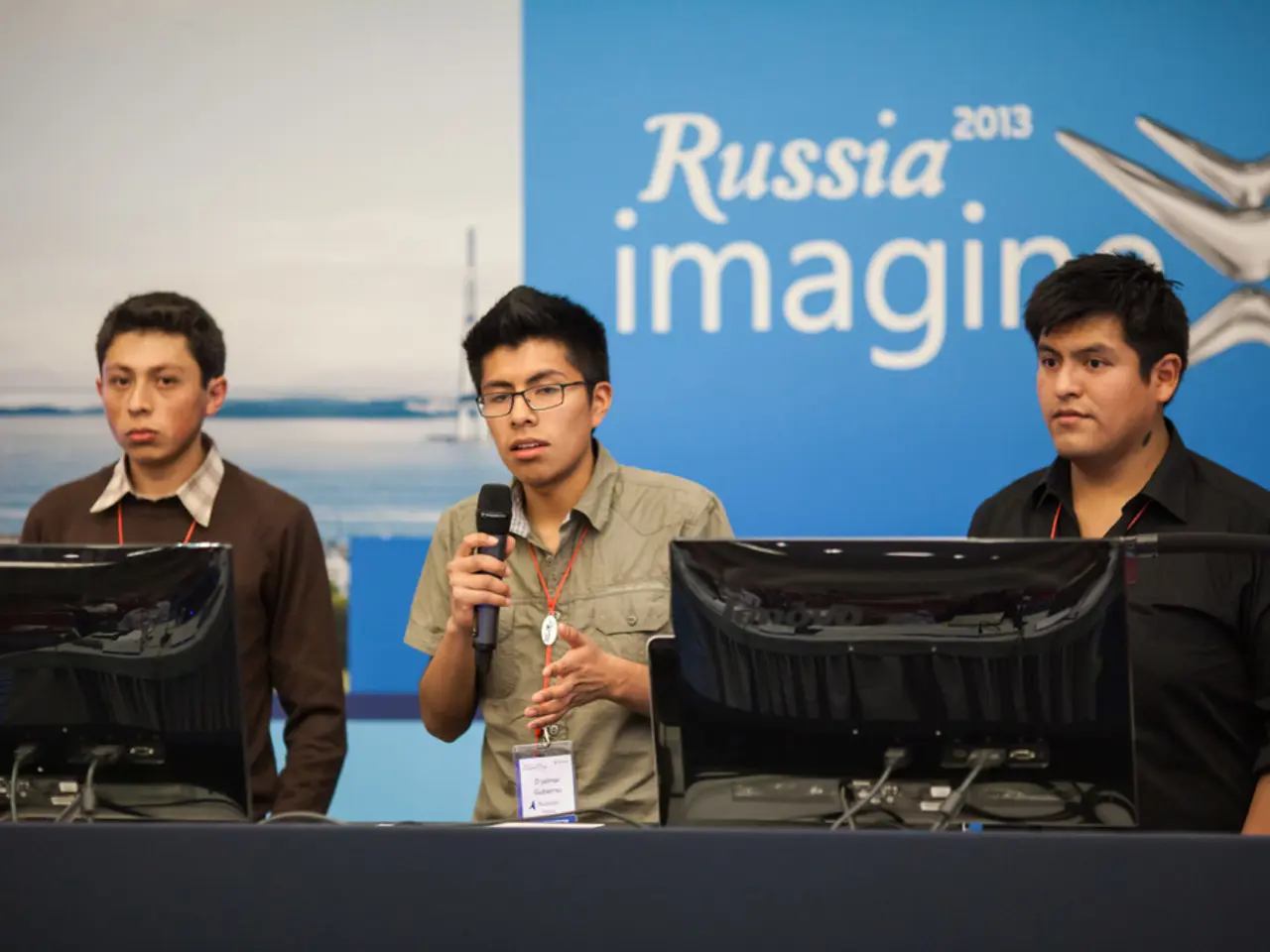Following the expulsion of the Yazidis, Woidke seeks to address the matter.
A Yazidi family, who had been living in Lychen, Uckermark for several years, were deported to Iraq last Tuesday, despite the Bundestag recognizing crimes against Yazidis as genocide.
The family, who fled ISIS violence in 2014, consisted of the children's uncle, aunt, her husband, and their four minor children. The children had been trying to integrate into their new community.
The deportation took place without an apparent reason, and the Federal Ministry of the Interior is waiting for the family's potential appeal before taking further action. The court dismissed the family's lawsuit against the rejection of their asylum application from 2023 and changed the status from "obviously unfounded" to "unfounded."
The court also pointed out inconsistencies in the family's statements about threats in its ruling. However, the uncle of the children called on people to sign an online petition on Change.org, started by a sixth-grade class from Lychen, aiming to bring back the family. The petition states, "Bring our classmates back from Iraq."
Brandenburg's Interior Minister René Wilke (independent) has announced that he will bring the family back quickly in coordination with the federal government if the court decision stands. An urgent application for the family's return is still open.
The Administrative Court of Potsdam suspended the deportation order due to an urgent application, but the deportation had already taken place. The minister expressed deep concern and called for working with federal agencies to possibly bring the family back if the court ruling allowed.
Advocacy groups argue that many Yazidis remain unable to return safely due to ongoing instability, destroyed villages in Sinjar, and active IS remnants. The case has stirred public debate on how German asylum laws should reflect the recognition of genocide and the protection of its survivors amid tightening migration and deportation policies.
The family's lawyer, Kareba Hagemann, is considering appealing the court's decision. The uncle also mentioned that as a Yazidi family, they still face the danger of ISIS terrorism in Iraq. The Yazidis are politically persecuted and oppressed in Iraq, as recognised by the Bundestag, but no prior context was provided regarding this fact.
- The Yazidi family, whose relatives face political persecution and oppression in Iraq, has faced a controversial deportation despite the Bundestag's recognition of genocide against Yazidis.
- TheBundlestag's recognition of genecide against the Yazidis and the ongoing political persecution of Yazidis in Iraq raise questions about the application of German asylum laws, sparking a public debate on their appropriateness amid tightening migration and deportation policies.






